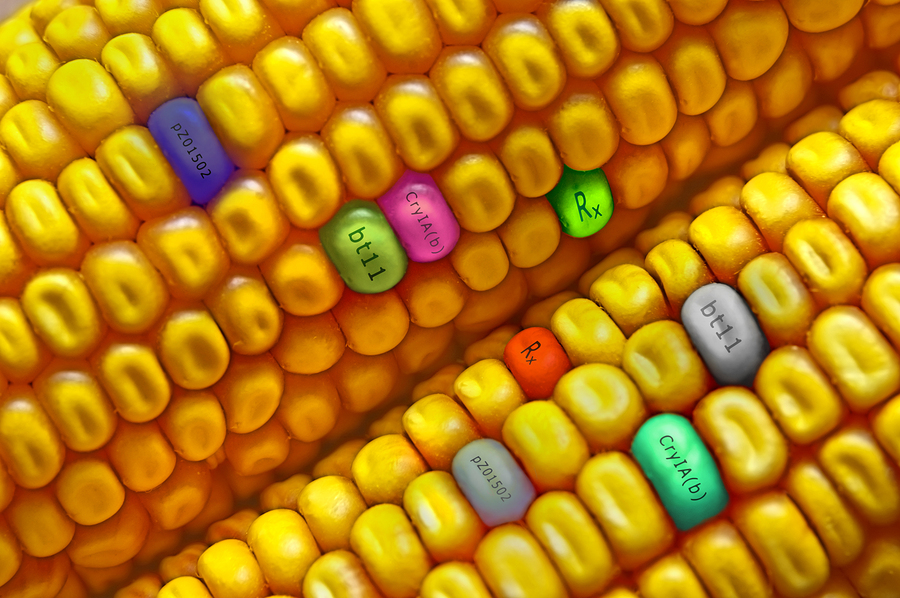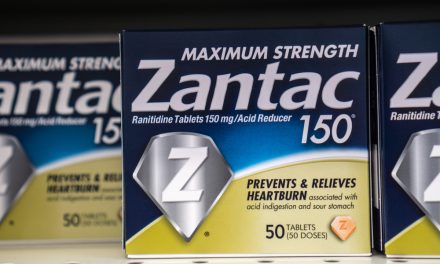Regardless of everyone’s best efforts, it’s incredibly easy for GM crops to contaminate fields both near and several miles away. And this is especially problematic for those who do NOT want to grow GM food.
The most problematic crops are canola and corn; pollen drift causes changes to nearby organic and non-GMO crops and because even trace amounts of contamination can cause crops to be rejected overseas, the financial consequences can be disastrous. But that’s not all, farmers also have to worry about lawsuits from pollination over drift from “patented” plants. (Which is shameful, quite frankly.)
Because of these and other issues, many organic and non-GMO farmers find themselves surrounded and constricted by their GMO neighbors. However, FINALLY, many local governments are exploring bans on GMO crops on behalf of their citizens.
From the article:
“On Friday, Nov. 18, the United States Court of Appeals for the Ninth Circuit issued a long-awaited decision on GMO crop bans, voting as to whether federal and Hawai‘i state laws preempt Hawai‘i counties’ authority to regulate the use of GMOs and pesticide use.
The court ruled that federal law, the plant Protection Act to be specific- according to AN article from the website Sustainable Pulse- does not prohibit the passing of local laws to either regulate or ban commercially-grown GM crops. Proposed bans will be allowed to go forward.”
The ban, which is an important victory for GM-free communities and farmers across the country, will now allow states and counties to ban or regulate GM crops. Maui County had previously passed a GMO ban which was later ruled invalid, on grounds that the county itself did not have the proper authority. Well, now they will.
More from the article:
“The court’s final declaration is as follows: “the regulation of commercialized crops, both of GM and traditional varieties, remains within the authority of state and local governments.”
To read more about the recent Sonoma County, California GMO ban, click here.
Source: March Against Monsanto












